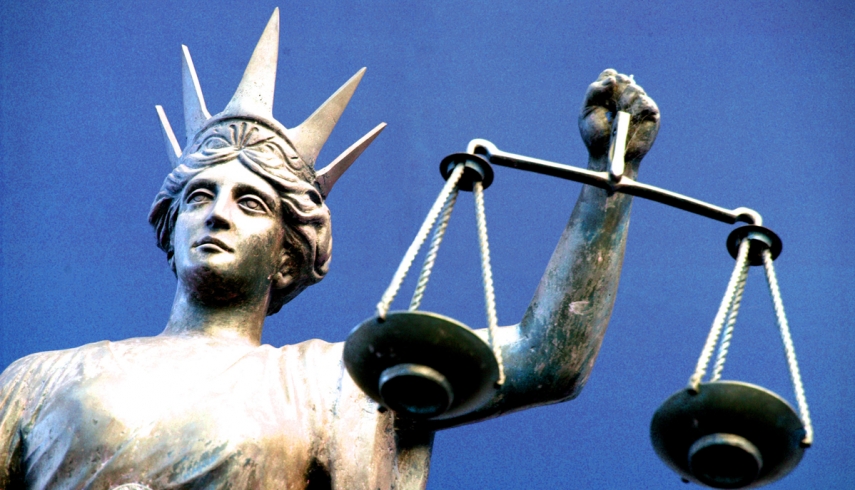A former Melbourne lawyer who used the name Max Power, Homer Simpson’s alter ego, to claim the first home owners’ grant has been jailed for five years.
Anthony Coleman, 47, a twice-divorced father of four from Yarraville, also used the name Patrick Bateman – the serial killer in the book American Psycho – to get the grant.
Coleman pleaded guilty to 12 counts of obtaining a financial advantage by deception, one count of theft and one count of having a deficiency in his trust account from February 2003 to July 2007.
Supreme Court Justice John Dixon said Coleman’s conduct involved creating five fictitious identities, three false bank accounts and one false credit card account, preparing six false applications for first home owners’ grants and preparing falsified conveyancing documents that included contracts of sale and statutory declarations
“The degree of planning and calculation involved in this repeated conduct demonstrates significant culpability,” Justice Dixon said when jailing Coleman on Friday for five years with a non-parole period of three years.
“Acting in your capacity as a solicitor, you falsified the electoral register to create false identities,” he said. “You deliberately falsified public land title records in order to perpetrate your frauds.
“You appropriated to yourself the assets of a deceased estate and used it as a vehicle for further fraud… This planned and premeditated conduct was facilitated by your position as a solicitor and involved a gross breach of trust of your oath and obligations as a solicitor on each occasion.”
Justice Dixon said Coleman obtained about $327,700 from his “nefarious activities”.
Coleman claimed the first home owners’ grant in the name of Patrick Bateman in June 2003 and in the name Max Power in August 2005.
Homer Simpson changed his name to Max Power in the 13th episode of The Simpsons’ 10th season. He took the name from a hair dryer.
Justice Dixon said there was no direct evidence of what had motivated Coleman’s criminal conduct.
“On the one hand, psychiatric reports tendered in evidence reveal that as your practice became more focused on criminal defence work you developed some admiration for some of your criminal clients who have led lavish lifestyles and attracted the attention of women.
“You have reported to a psychiatrist, Professor Mairead Dolan, that you socialised with some of your admired criminal clients.”
The judge said medical reports also confirmed Coleman had a bipolar affective disorder, which was mainly depressive in nature.
He said while Coleman’s previous good character was relevant, it was of “little weight when dealing with a breach of trust by a solicitor who is an officer of the court”.
“Legal practitioners play an integral part in the administration of justice. Your obligation included a duty to uphold the law, a duty to this court, a duty to your clients and, more generally, to members of the public.
“High standards are demanded from legal practitioners and your conduct in committing these offences, particularly their character of dishonesty, established that you are not a fit and proper person of sufficient moral integrity and rectitude of character to be accredited to the public as a person who can be entrusted to perform the work of a solicitor.”
Justice Dixon ordered Coleman’s name be struck off the legal practitioners’ roll and that he pay more than $360,000 in compensation to his victims, including the State Revenue Office and five charities who were named as the beneficiaries from the estate of Eric Smith, who died in September 2002. The charities did not receive a cent after Coleman took control of the estate.
Coleman’s legal firm was put into receivership in 2011 after the Legal Services Board found “serious financial irregularities in the running of the law practice”.
He was given a nine-month suspended sentence and fined $13,000 in April this year for practising illegally as a lawyer and failing to co-operate with a receiver.

















